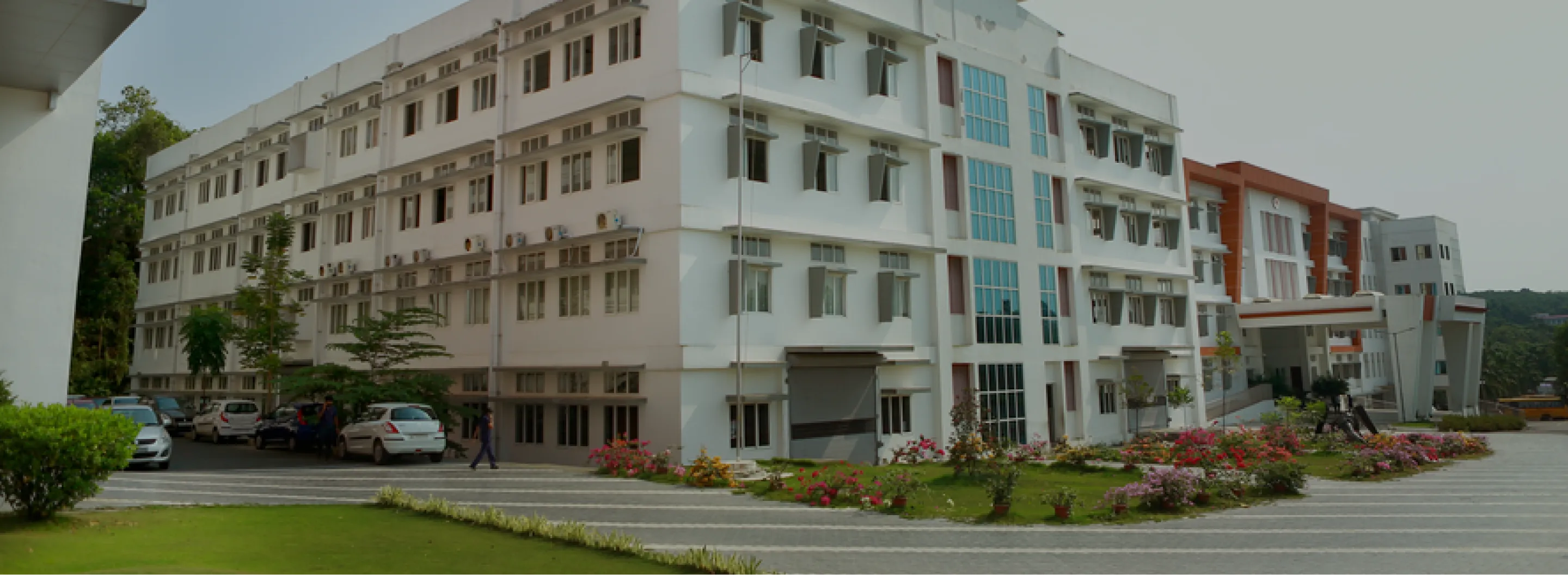
The Analog Electronics Lab provides a foundational understanding of basic electronic circuits. Students gain practical experience in designing and implementing essential circuits like rectifiers, analyzing transistor characteristics, and exploring operational amplifier applications.
Key Equipment:
Our sophisticated Analog Communication Laboratory boasts state-of-the-art equipment from leading manufacturers like Analog Devices and Texas Instruments. This lab is crucial for understanding the principles and applications of analog communication systems.
Key Equipment:
Software:
The Digital Electronics Lab is dedicated to the design and implementation of basic digital circuits. Students explore fundamental concepts such as logic gates, comparators, synchronous and asynchronous counters, and latches through hands-on experiments. This lab also serves as a hub for student projects involving various digital ICs.
Key Equipment:
Software:
Associated Lab Courses:
The Basic Electronics Workshop provides essential tools and equipment for fundamental testing and measurement. It's an ideal space for students to get hands-on with basic circuit assembly and troubleshooting.
Key Equipment:
Our well-equipped Embedded Systems Laboratory offers comprehensive facilities for the design and development of microprocessor and microcontroller-based systems. Students can program, debug, test, and interface various peripherals, and utilize these resources for their micro, mini, and main projects.
Key Equipment & Software Tools:
The Microprocessor & Microcontroller Laboratory provides invaluable hands-on experience with these essential components of modern electronics. This lab is designed to enhance students' programming and problem-solving abilities in embedded system design.
Key Equipment & Software Tools:
The MITS RF Lab is an advanced facility dedicated to the design and verification of modern digital communication system concepts, spanning the kHz to GHz frequency range. Equipped with industry-standard tools, this lab is a dynamic environment for aspiring innovators. Students engage in hands-on experiments covering various communication protocols (GSM, CDMA, WLAN, Bluetooth, Satellite, GPS), analyze key components like filters, amplifiers, and antennas, and explore diverse modulation techniques and microwave waveguide characteristics.
Key Equipment:
The Digital Signal Processing (DSP) Lab focuses on the digital representation and transformation of signals using computational methods. DSP is a core technology underpinning telecommunications, medical technology, radar and sonar, and seismic data analysis.
Key Equipment & Software Tools:
The Project Lab is a dedicated space for students to collaborate on and develop their academic and research projects. It provides a supportive environment for experimentation, discussion, and hands-on development.
Key Equipment:
The VLSI Lab is equipped with cutting-edge facilities for Very Large Scale Integration design. Students have access to modern hardware and software tools to explore and implement complex integrated circuits.
Key Equipment & Software Tools: